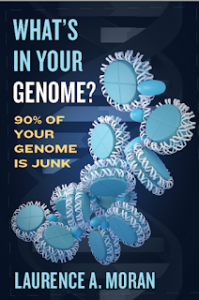The Temple University Graduate Student Association has been on strike for about a month. They’ve been protesting the fact that the university demands full-time work for $19,500 a year, and expects them to live on that in a major city on the East Coast. I lived in Philadelphia 23 years ago, and I can tell you that even then $19,500 would have been starvation wages. I don’t know how they’ve been coping in 2023.
I guess the answer is that they haven’t, and that’s why they’re striking.
Now Temple University, which has always played up their role in serving the working class and poorer communities in the region, has decided to send out a little surprise message to the striking workers.
As a result of your participation in the TUGSA strike, your tuition remission has been removed for the spring semester. You now owe the full balance listed in TUpay, which is due by Thursday, March 9.
If your balance is not paid-in-full by the due date, you we be assessed a $100 late payment fee and a financial hold will be placed on your student account. This hold will prevent future registration,
Who is running that place nowadays? Some cartoon villain?









